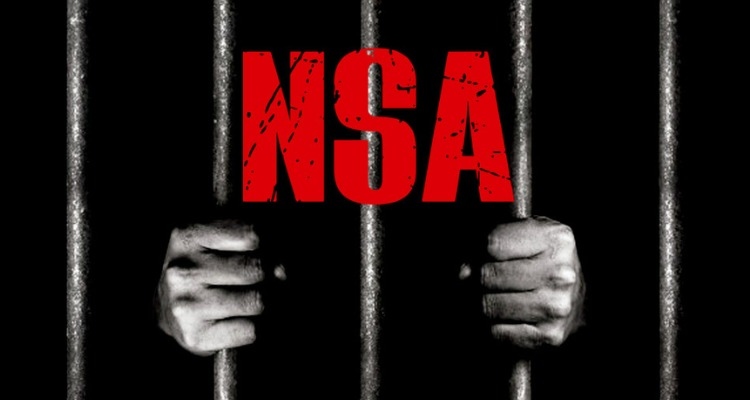
Amritpal Singh, the leader of the pro-Khalistani group Waris Punjab De and Member of Parliament for Khadoor Sahib, has filed a petition in the Punjab and Haryana High Court challenging his detention under the National Security Act (NSA).
Singh has been incarcerated in Dibrugarh Jail, Assam, since April 2023, following a detention order issued under the NSA.
Singh’s detention was ordered in March 2023 after he made a controversial speech. He argues that his preventive detention, which is based primarily on his social media posts, is excessive and unlawful. Singh contends that his detention, which follows an attack on Ajnala Police Station, is disproportionate and that the District Magistrate of Amritsar exceeded their authority by issuing the order. According to Singh, only the Central or State Government has the authority to enforce such a detention.
But, What is NSA?
The National Security Act (NSA) of 1980 is a law in India designed to address national security issues and maintain public order.
The Act empowers the government to detain individuals without formal charges for up to 12 months if they are deemed to pose a threat to national security or public safety.
The NSA provides for preventive detention, which means that individuals can be detained before any crime has occurred, based on the belief that they might engage in activities that could undermine national security or public order. This is different from punitive detention, where a person is jailed after being convicted of a crime.
Key features of the NSA include:
- Preventive Detention: Authorities can detain individuals for up to 12 months if they are suspected of activities that threaten national security, public order, or the maintenance of essential supplies.
- Limited Legal Recourse: The detainee has limited avenues to challenge the detention. They can appeal to an Advisory Board, which reviews the detention within a specified time frame. However, this review is not conducted in a court of law and often lacks transparency.
- Restrictions on Legal Counsel: During detention, individuals may have restricted access to legal representation and may not be informed of the grounds for their detention.
The NSA has been controversial due to concerns about human rights and misuse. Critics argue that the Act can be used to suppress dissent and target political opponents. Proponents, however, contend that it is essential for dealing with threats like terrorism and separatist activities. The Act is used sparingly but remains a powerful tool for maintaining national security in India.




